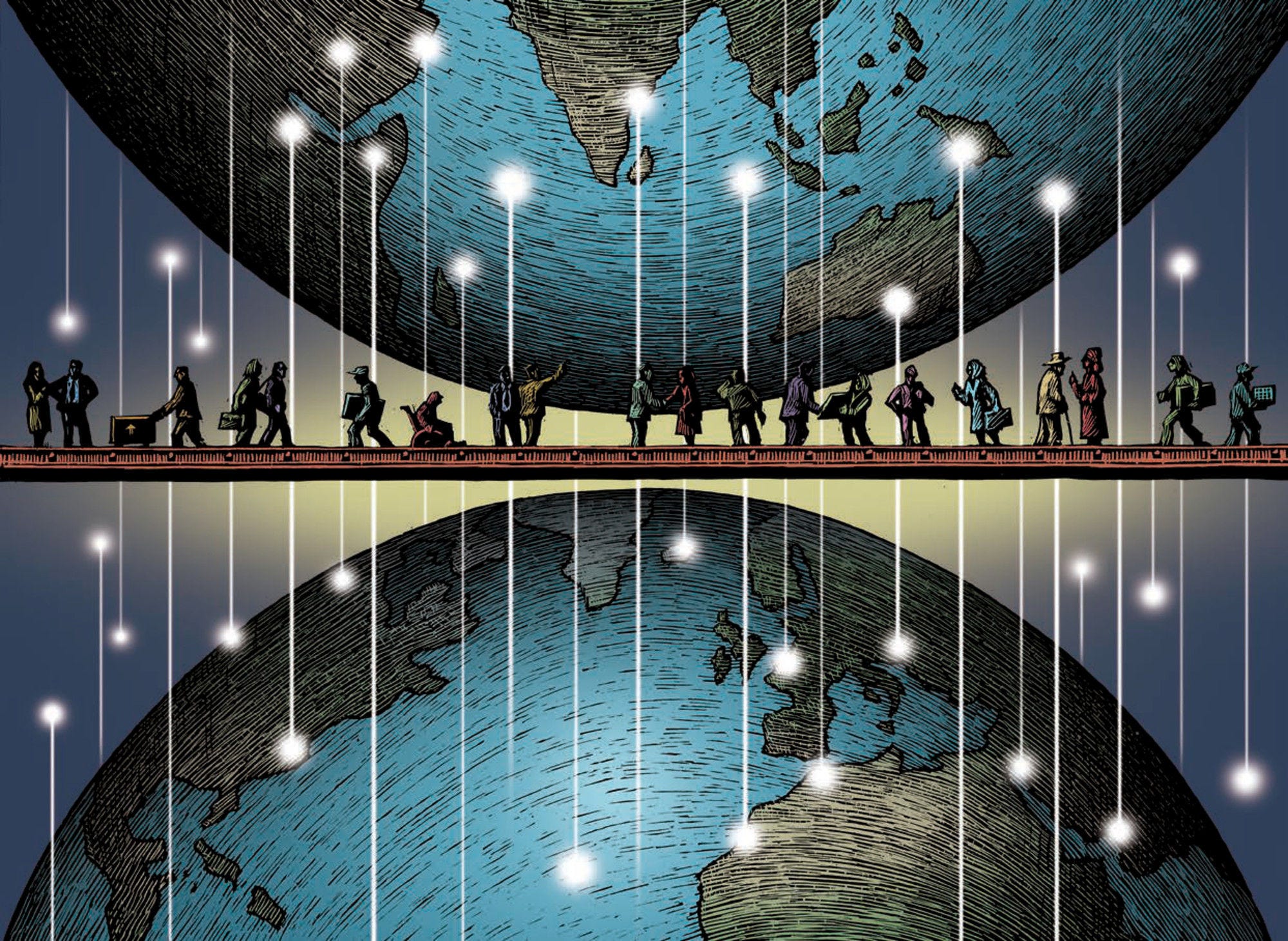In 2018, 6 200 new immigrants obtained a residence permit longer than 12 months in Latvia (excluding EU citizens), 42% more than in 2017. This figure comprises 44.3% labour migrants, 20.5% family members (including accompanying family), 28.4% who came for education reasons and 6.8% other migrants. Around 600 short-term permits were issued to international students and 800 to temporary and seasonal labour migrants (excluding intra-EU migration). In addition, 2 200 intra-EU postings were recorded in 2018, an increase of 62.2% compared to 2017. These posted workers are generally on short-term contracts.
Ukraine, India and Russia were the top three nationalities of newcomers in 2018. Among the top 15 countries of origin, Ukraine registered the strongest increase (500) and Lithuania the largest decrease (‑59) in flows to Latvia compared to the previous year.
In 2019, the number of first asylum applicants increased by 2.9%, to reach around 200. The majority of applicants came from Azerbaijan (35), Russia (25) and India (15). The largest increase since 2018 concerned nationals of Azerbaijan (+20) and the largest decrease nationals of Russia (‑25). Of the 200 decisions taken in 2019, 23.3% were positive.
Amendments to Immigration Law in Latvia allowed companies to employ third-country nationals on the basis of a long-term visa, the process being simpler, cheaper and faster than drawing up a residence permit, thus allowing employers to attract the necessary workforce more flexibly.
It has become easier for applicants for the EU Blue Card to be employed in Latvia. The wage rate offered is now more flexible and a decision on the application must be made within ten working days instead of 30, while the time limit for examining applications for residence permits for family members is now aligned with that of the Blue Card applicant. In addition the rule that only those third-country nationals who had completed higher education in the relevant sector/profession could receive the Blue Card was relaxed.
Latvia tightened up on companies employing people for whom a repeat residence permit was required: they must demonstrate that the company is operating efficiently and fulfils tax payment criteria.
In 2019, Latvia amended its procedures for issuing a temporary residence permit to start-up company founders from third countries, extending for up to 12 months after the issue of a temporary residence permit the period during which a third-country national has to submit information relating to company progress and innovation.
Following transposition of EU Directive 2016/801/EU, third-country nationals studying in another EU Member State may enter and stay in Latvia for one year without a Latvian residence permit and as well as receiving a permit to study in Latvia may be employed for up to 20 hours per week. In addition Masters and PhD students are entitled to work 40 hours per week during the summer break. Amendments to the Immigration Law provide for the possibility of revoking a temporary residence permit if the student has not made sufficient study progress and if this is not based on circumstances beyond the control of the third-country national. Upon successful completion of their studies, third-country nationals have the right to request a temporary residence permit for a period of nine months if they wish to seek employment or start a commercial activity in Latvia.
Mobility restrictions with other Baltic States have been lifted from 15 May 2020. During the lockdown, it was allowed to drive through Latvia, without stopping.
For further information:

